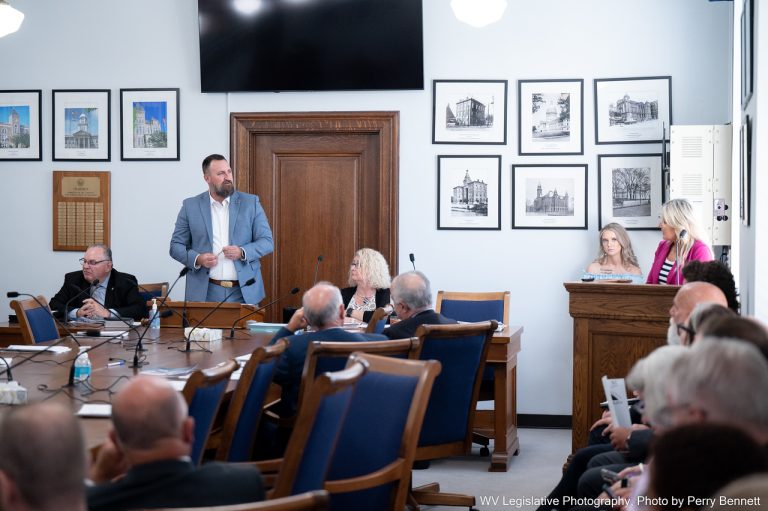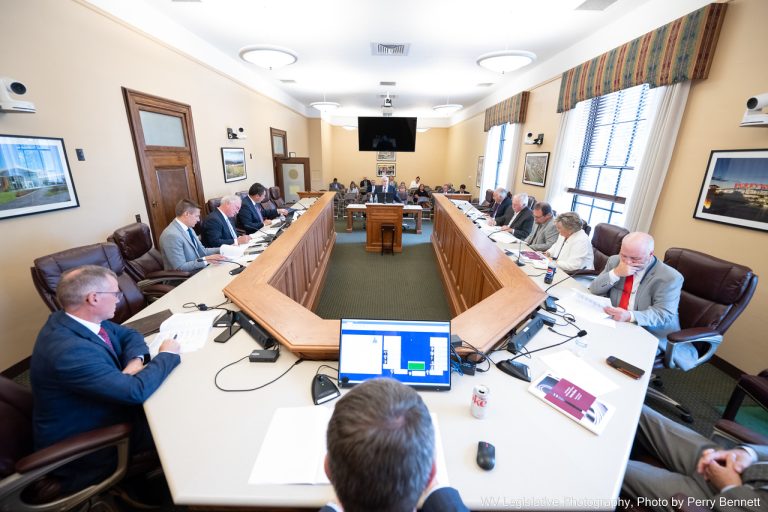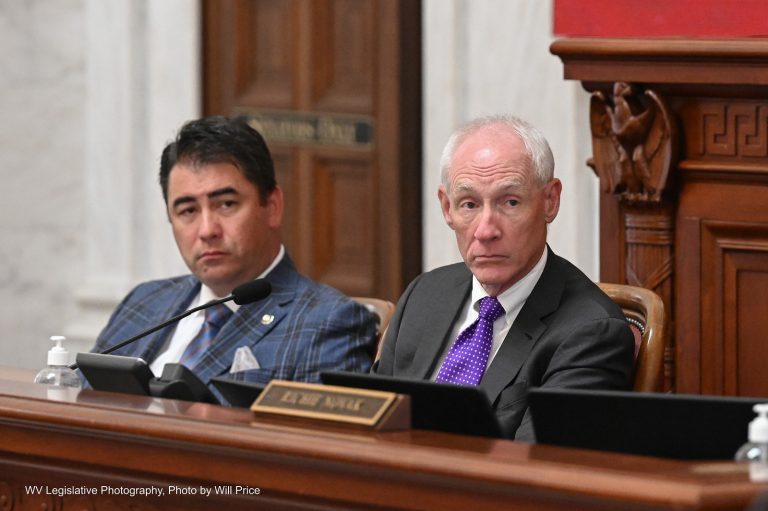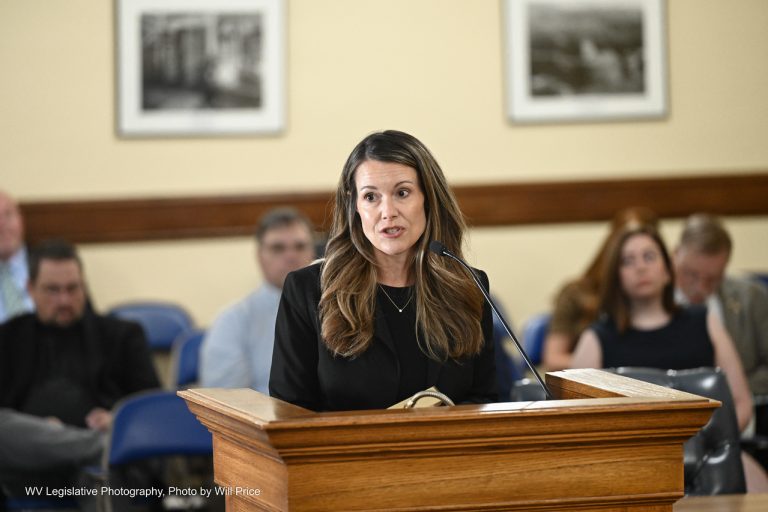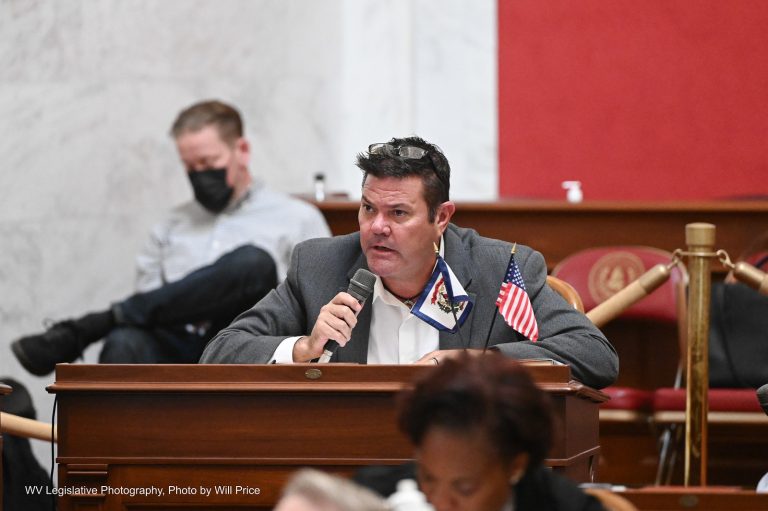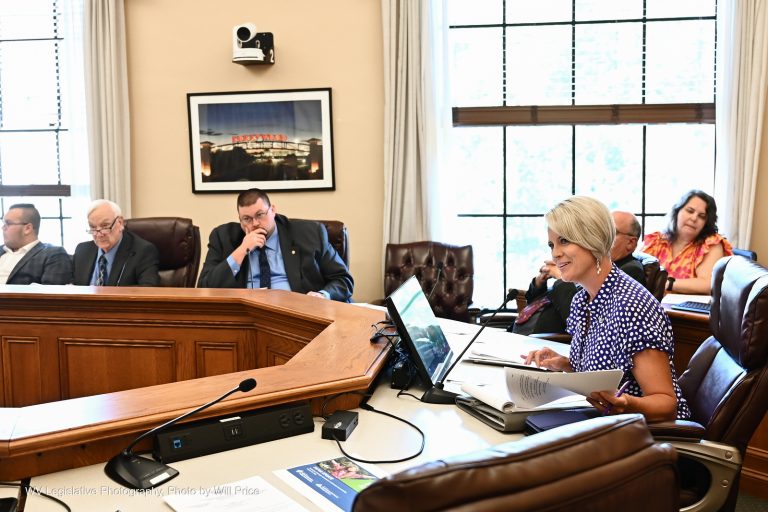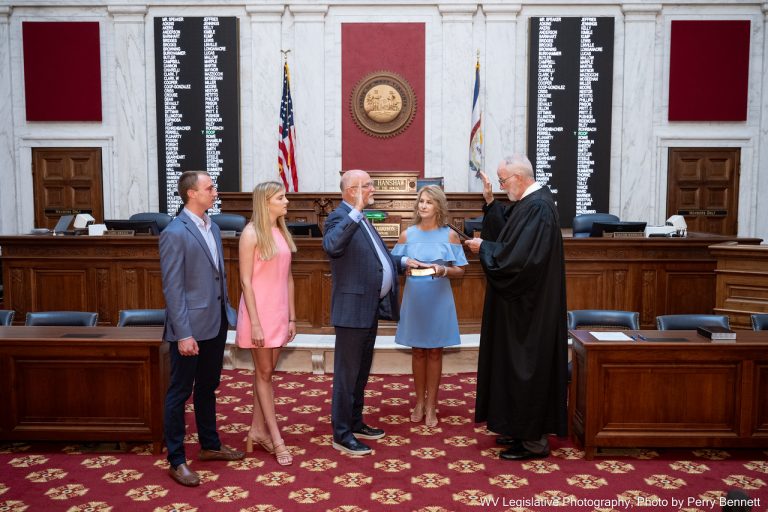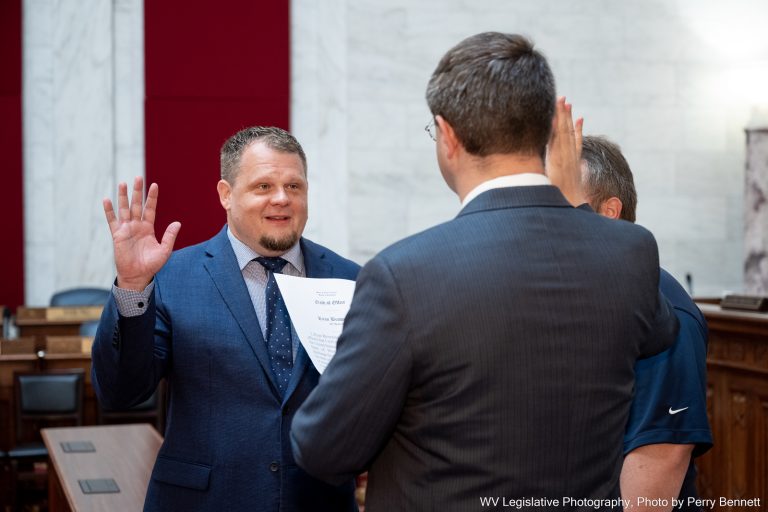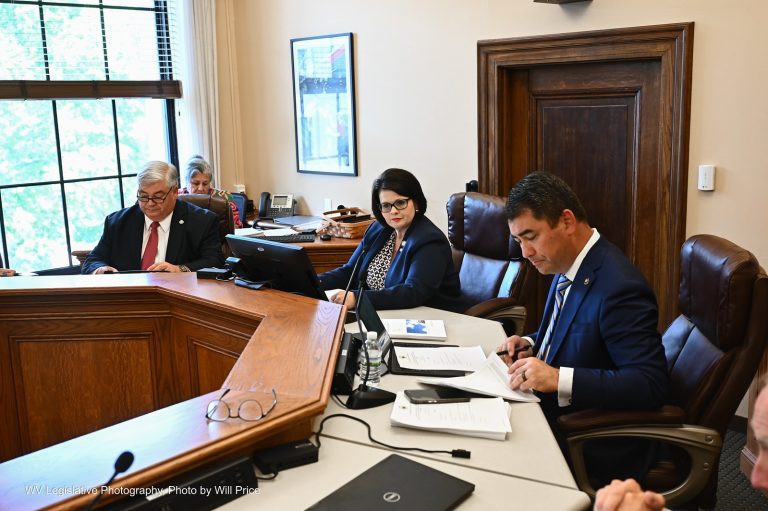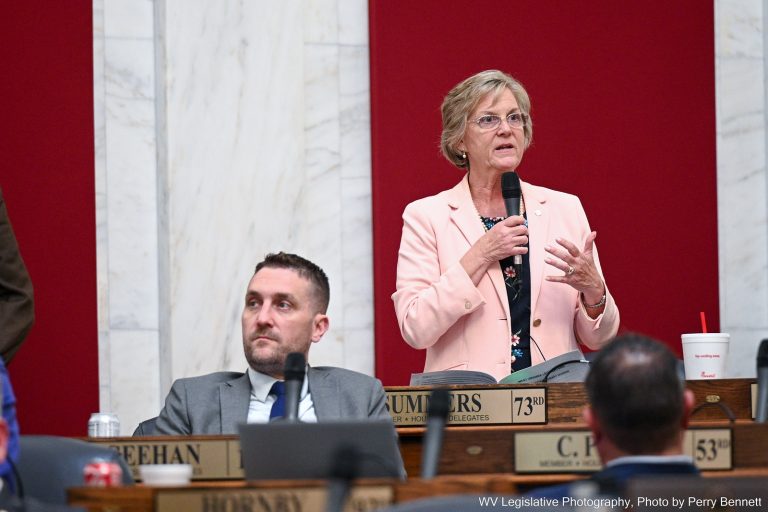Scott Adkins, West Virginia’s unemployment secretary, told members of the Legislative Oversight Committee on Workplace Development Tuesday that for every unemployed person in West Virginia there are about one and a half jobs available.
The number of unemployed state residents stands at 33,100 according to the most recent figures. There are currently around 48,000 job openings in the state.
West Virginia’s unemployment trust fund balance currently sits at more than $420 million, a figure Adkins described as “pretty healthy.”
While describing job market figures as relatively stable, Adkins gave the example of West Virginia’s seasonally adjusted unemployment rate, usually about 4.1 to 4.3 percent and currently standing at 4.2 percent for the most recent month, July 2024. The unemployment rate is the percentage of people in the labor force who are unemployed. An unemployed person is defined as working age, available for work and be taking steps to find a job.
According to Adkins, as of August 23, Workforce West Virginia showed 10,772 West Virginians receiving unemployment benefits.
Adkins said the state currently has nearly 19,000 people determined to be eligible for unemployment and receiving their first week of benefits, a figure that is up 15 percent compared to a year ago.
The average duration of unemployment across all sectors went from 12.9 weeks in the second quarter of 2023 to 13.4 weeks through June 30, 2024. Adkins said 12-14 weeks duration is fairly typical.
West Virginia’s workforce participation rate, long a sore spot in the state’s economic outlook, currently stands at 55.1 percent according to Adkins. The workforce participation rate includes both people who are employed and those who are looking for work. The figure is calculated by dividing the labor force by total adult population. The national workforce participation rate is 62.7 percent.


